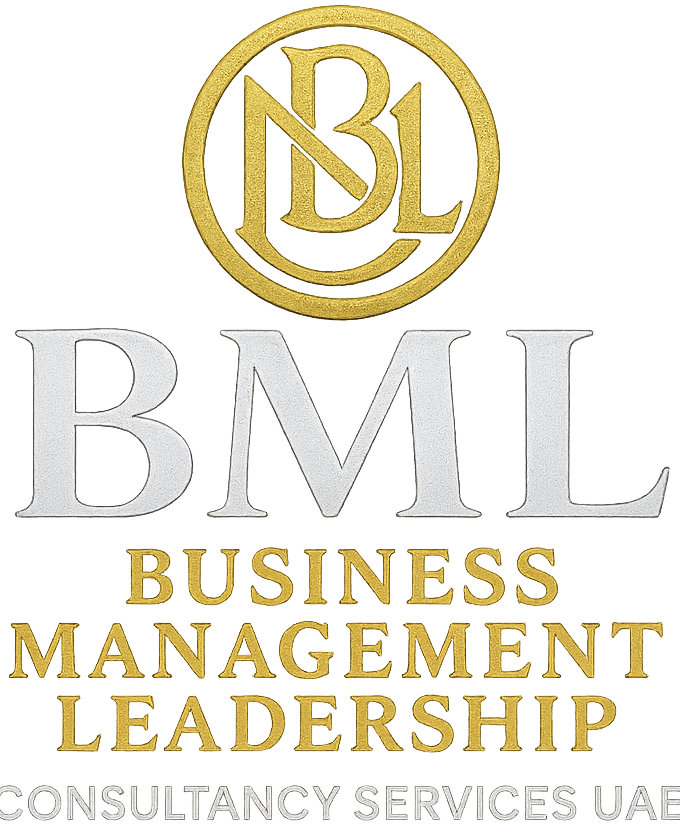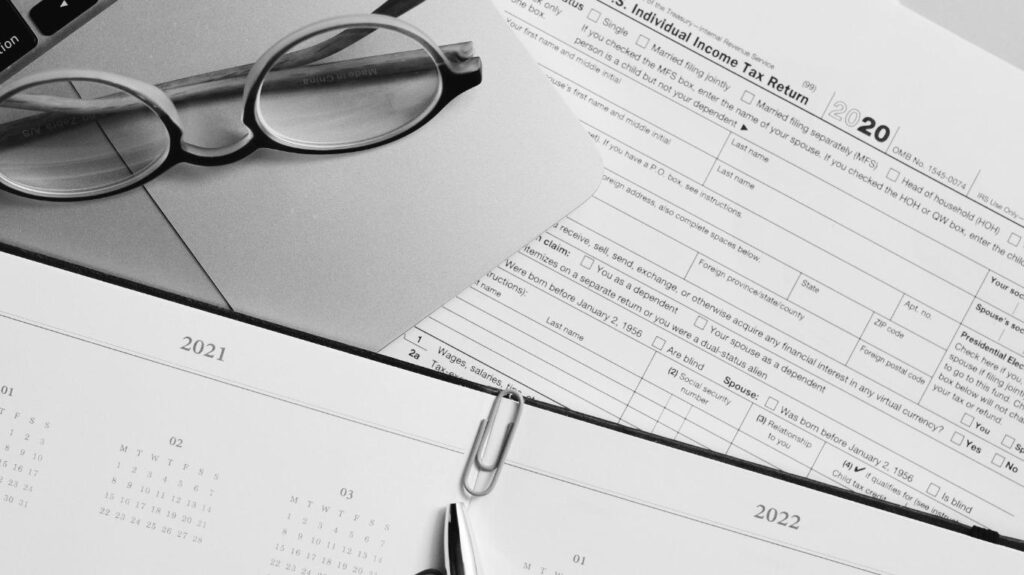The United Arab Emirates (UAE) has long been perceived as a tax haven, attracting entrepreneurs and corporations with promises of zero taxation. This perception has now fundamentally changed. Since June 2023, the introduction of a federal corporate tax (9%), combined with the UAE’s commitments to OECD standards (BEPS, substance requirements, anti-money laundering frameworks), has shifted the landscape.
For international groups – and especially francophone businesses expanding into Dubai and Abu Dhabi – the question is no longer “How do I avoid tax?” but rather “How do I strategically structure my presence to remain competitive, compliant, and sustainable?”
- Understanding the UAE corporate tax framework
– Corporate tax at 9% applies to profits exceeding AED 375,000.
– Exemptions: certain Freezones can benefit from a 0% rate if they maintain “qualifying income” and meet strict compliance rules.
– Transfer pricing rules: aligned with OECD guidelines, requiring detailed documentation and arm’s length justifications.
– Substance requirements: businesses must prove real economic activity in the UAE (employees, office, decision-making).
👉 The UAE is moving away from a “tax-free” reputation to becoming a compliant, internationally recognized jurisdiction.
- Strategic implications for francophone businesses
– Freezone ≠ automatic tax exemption: many SMEs still believe setting up in a Freezone ensures 0% tax. In reality, the new rules redefine qualifying activities, and failure to comply leads to full taxation.
– Mainland vs Freezone arbitrage: with corporate tax harmonization, the old advantage of Freezones is narrowing. The decision is now driven by market access and credibility rather than purely fiscal considerations.
– Double taxation risks: France, Belgium, Luxembourg, and other francophone countries have tax treaties with the UAE, but poorly structured entities can trigger double reporting obligations or disputes with home tax authorities.
– Banking and compliance: banks in the UAE now require detailed financial statements, audited accounts, and proof of substance. Non-compliant companies risk account closures.
- Key risks if not properly anticipated
– Hidden costs: misclassification of income, unexpected VAT obligations (5%), or requalification of Freezone profits.
– Regulatory arbitrage failing: attempts to shift profits without substance can lead to blacklisting or sanctions.
– Reputational risk: investors and partners increasingly demand transparency and compliance; non-compliance can exclude a company from tenders and funding.
- Strategic opportunities in the new landscape
– Tax-efficient structuring: combining Mainland and Freezone entities to optimize taxation and market access.
– Regional hub positioning: leveraging UAE compliance to reassure international investors and serve as a gateway to Africa and Asia.
– Group consolidation: centralizing shared services (finance, treasury, IP management) in the UAE under compliant structures.
– Francophone advantage: companies with strong governance and reporting culture can differentiate themselves in a market where many players underestimate compliance.
- The role of a strategic advisory partner
This new fiscal and regulatory environment requires more than an incorporation agent. Companies need:
– Strategic analysis of tax and regulatory exposure.
– Cross-border expertise to align UAE structures with European fiscal obligations.
– Operational support to meet substance, accounting, and reporting requirements.
– Ongoing monitoring of regulatory changes (OECD, EU, UAE).
👉 This is where a trusted francophone advisory firm adds value: not just filling out forms, but securing governance, reducing risks, and aligning tax structures with long-term strategy.
The UAE is no longer a “tax-free zone” but a regulated, internationally aligned jurisdiction. For international and francophone companies, this is both a challenge and an opportunity. The winners will be those who go beyond short-term tax savings and build robust, compliant, and strategically aligned structures that reassure banks, investors, and regulators alike.
👉 Corporate tax at 9% is only the beginning. The real differentiator lies in governance, transparency, and the ability to integrate the UAE into a global growth strategy.

